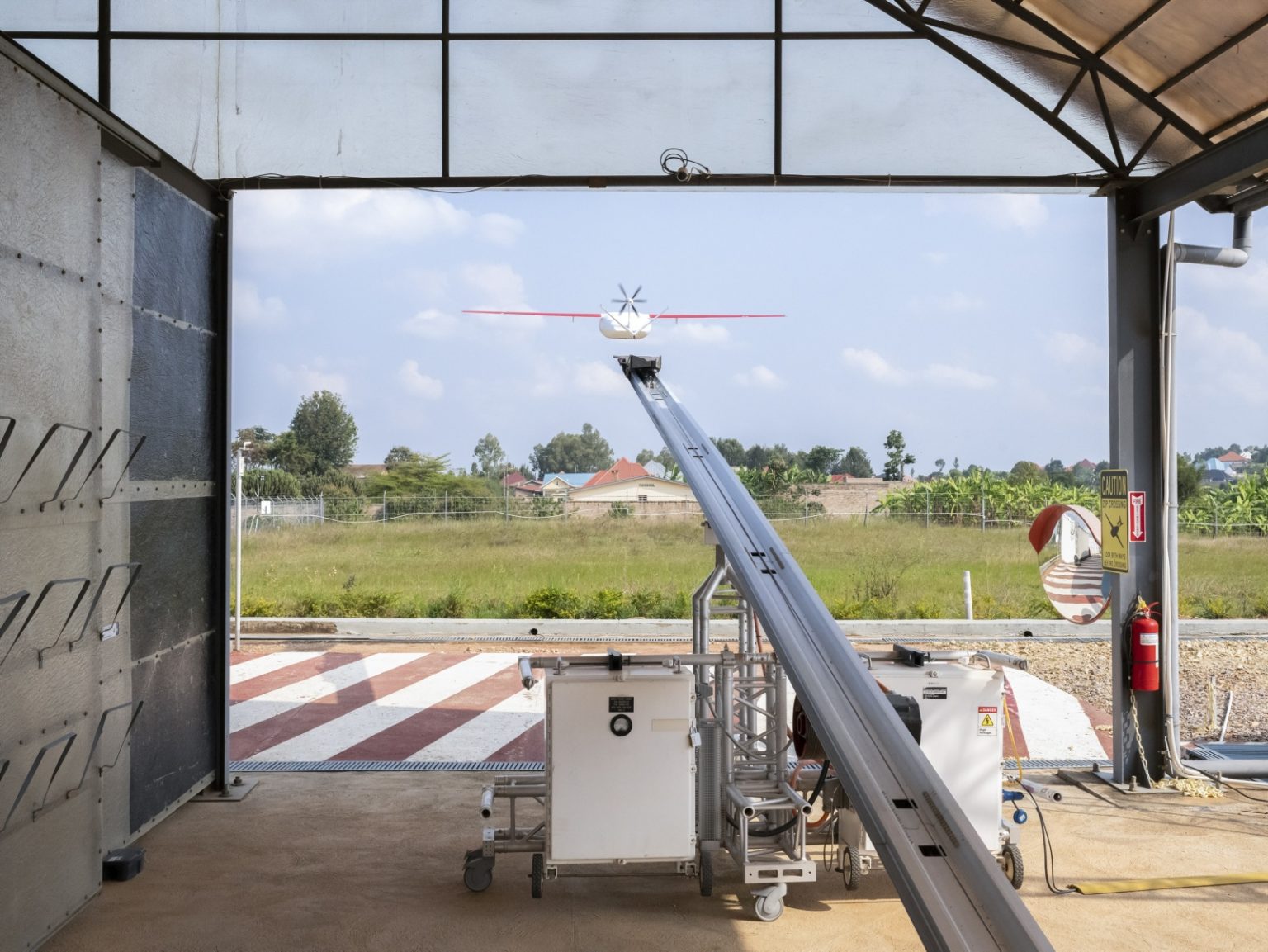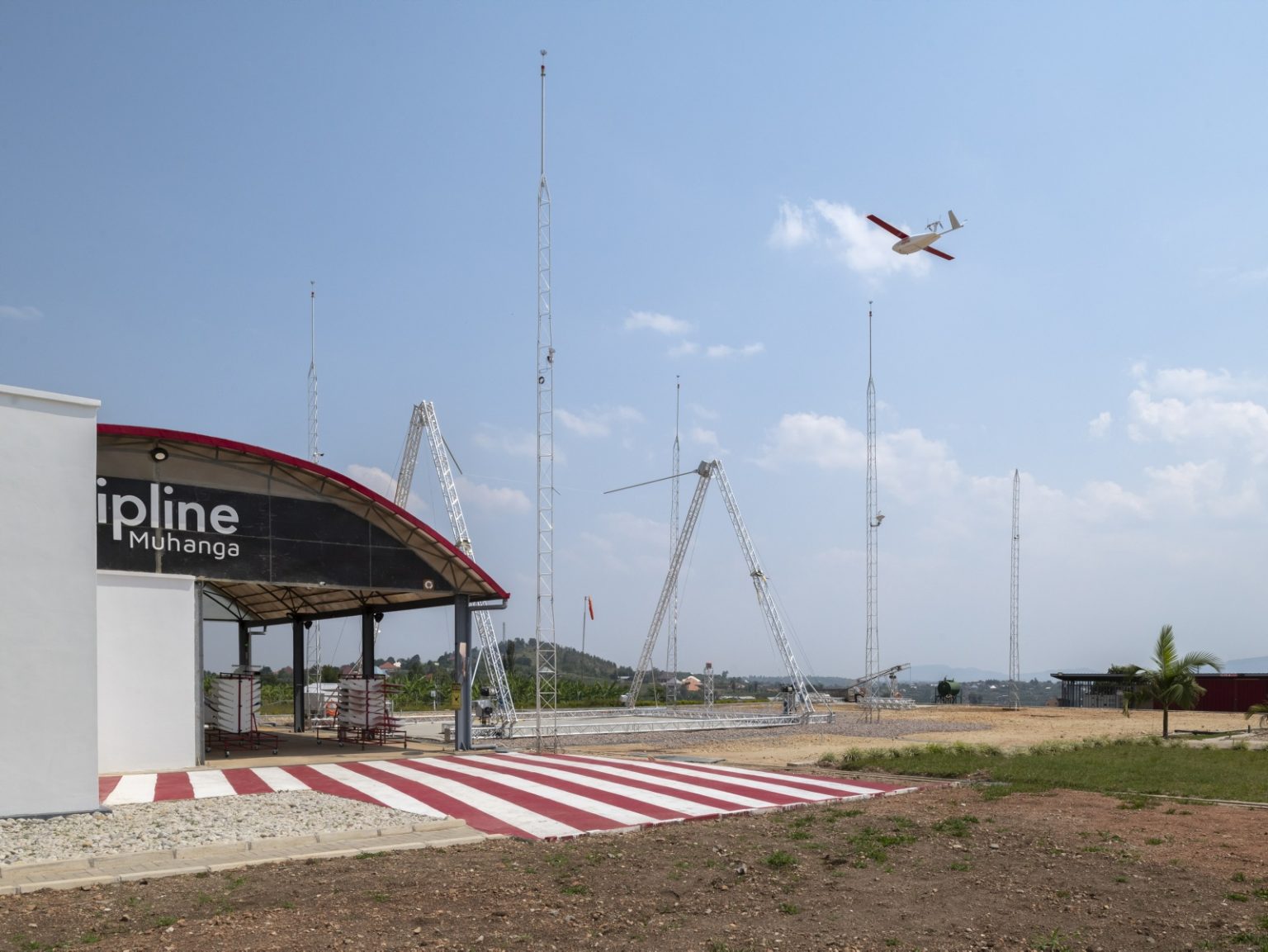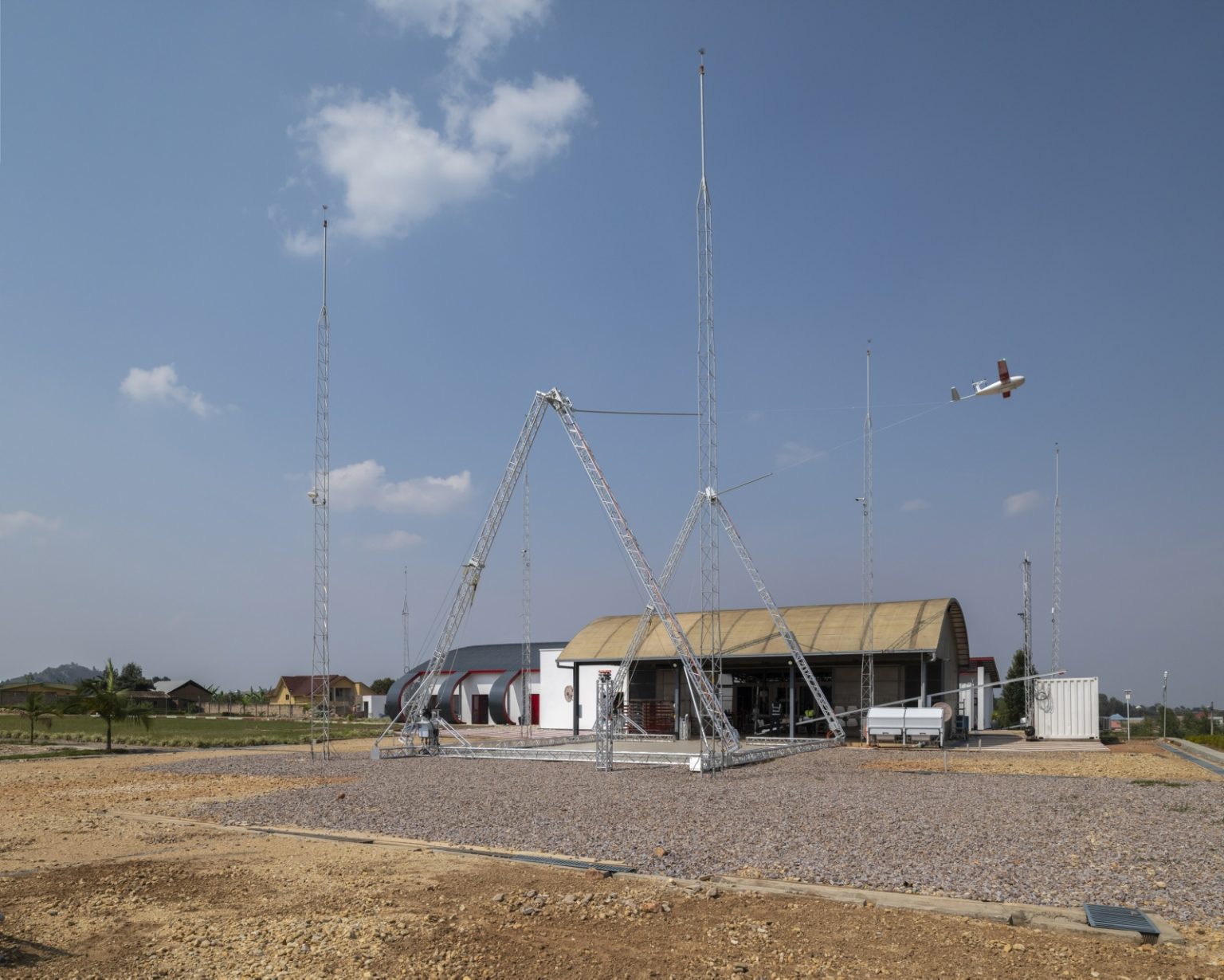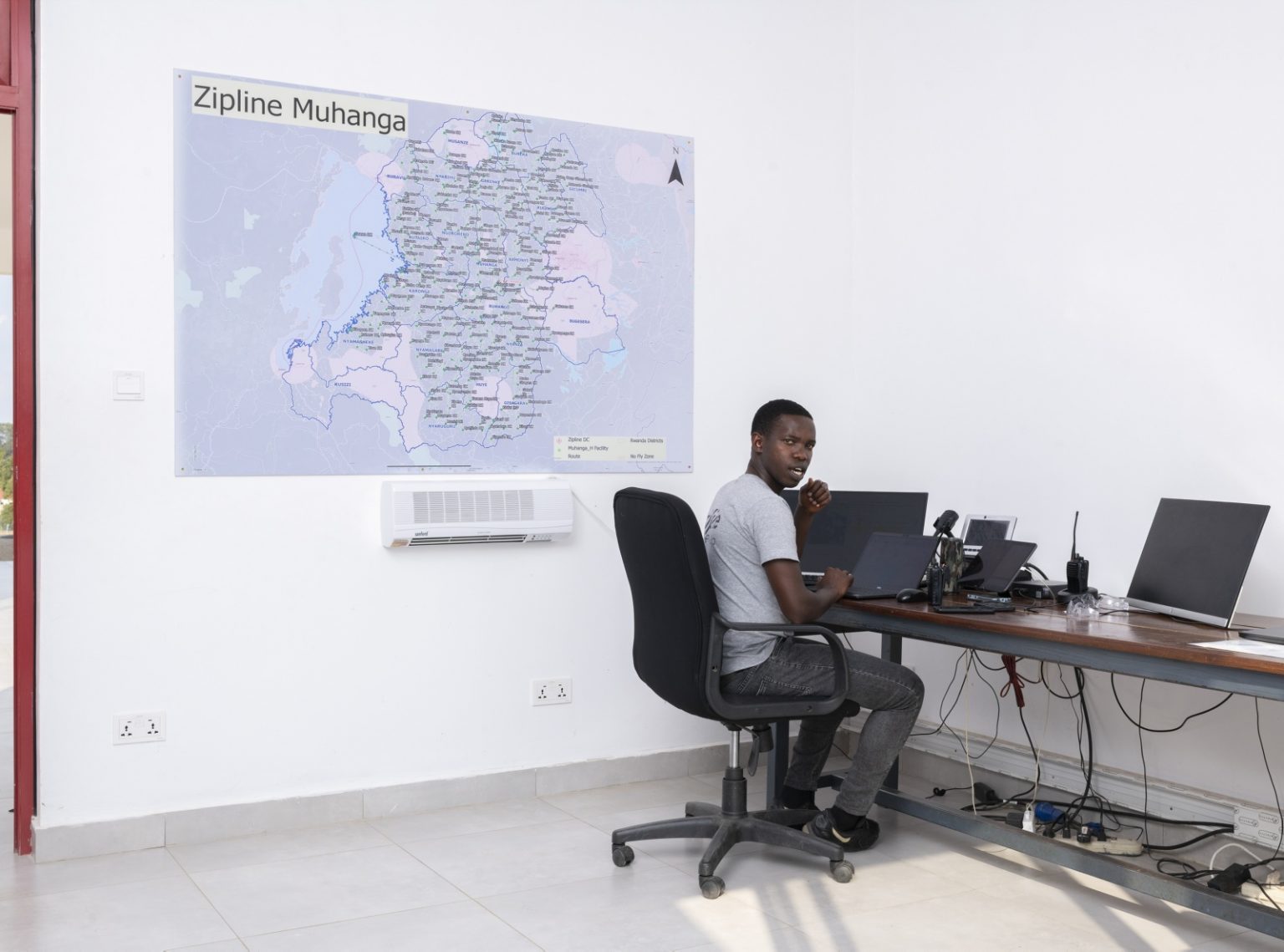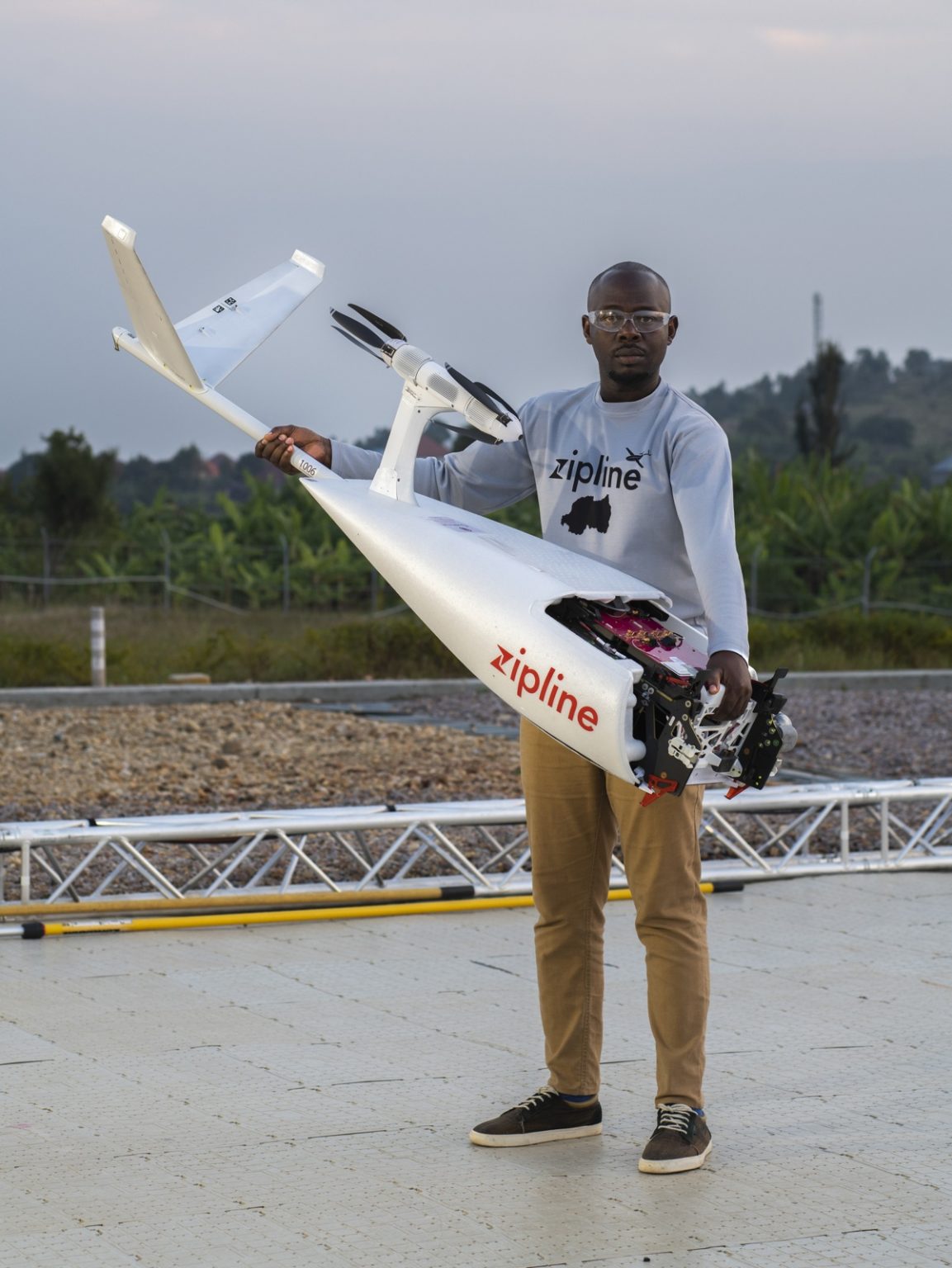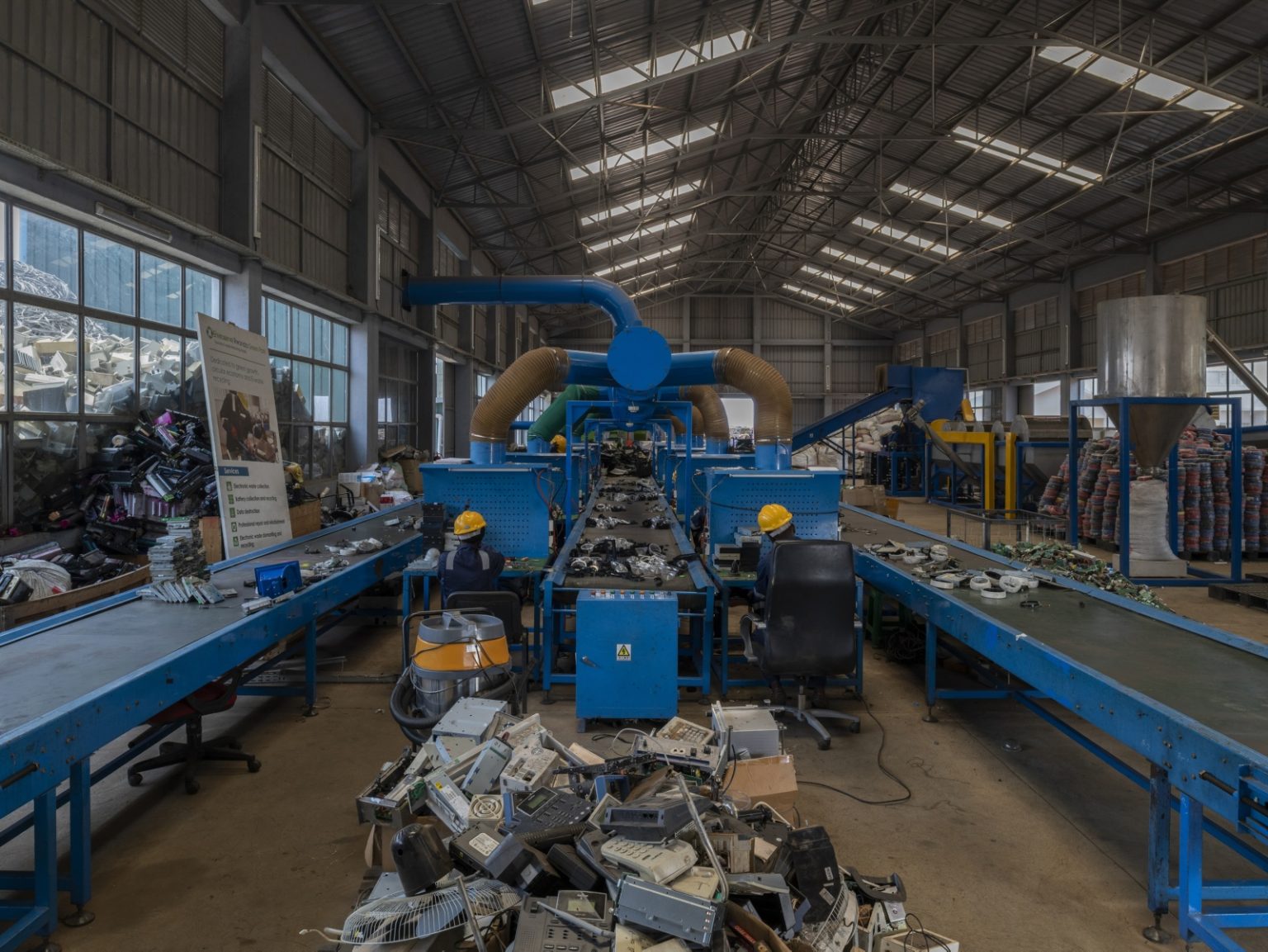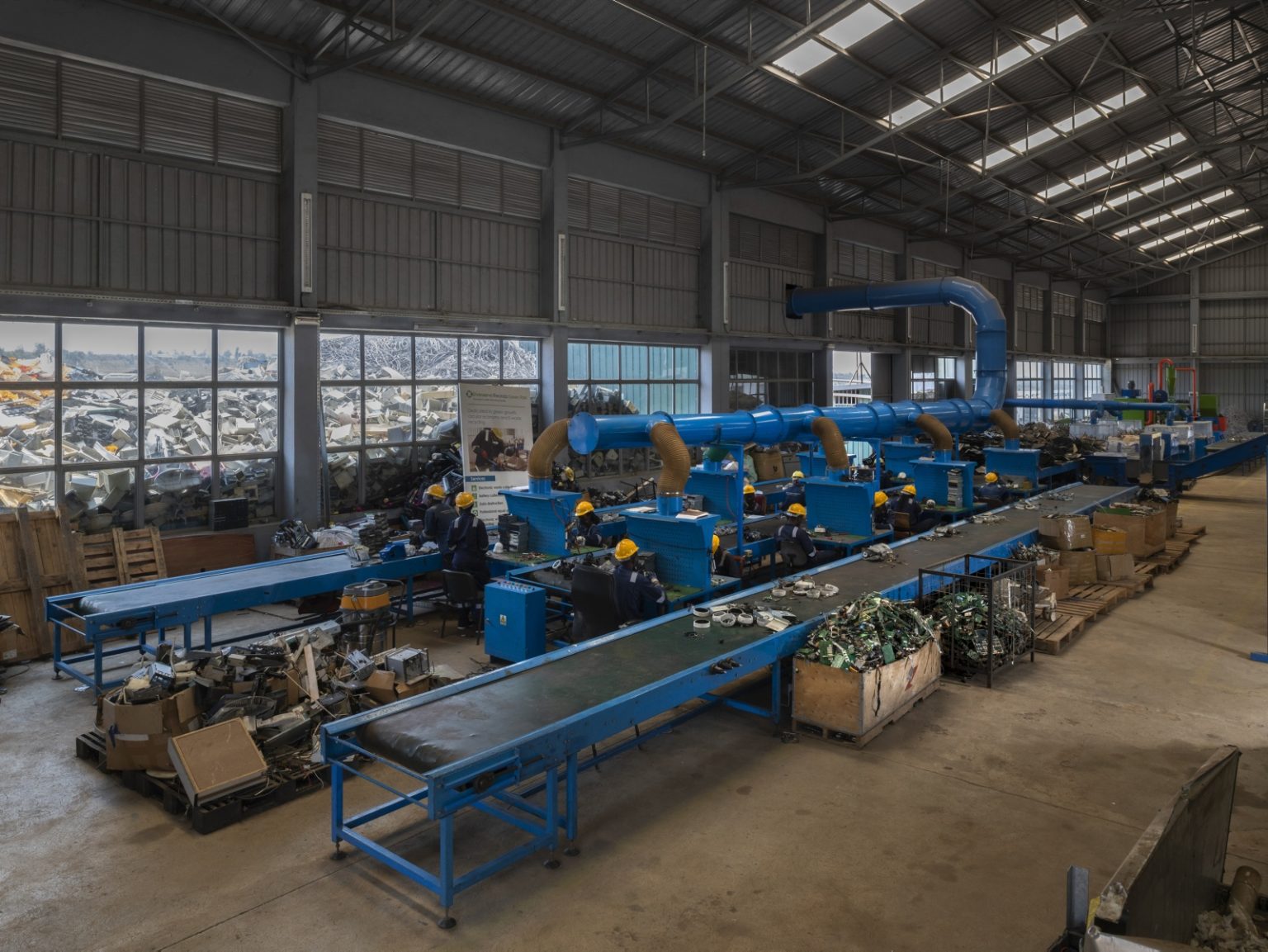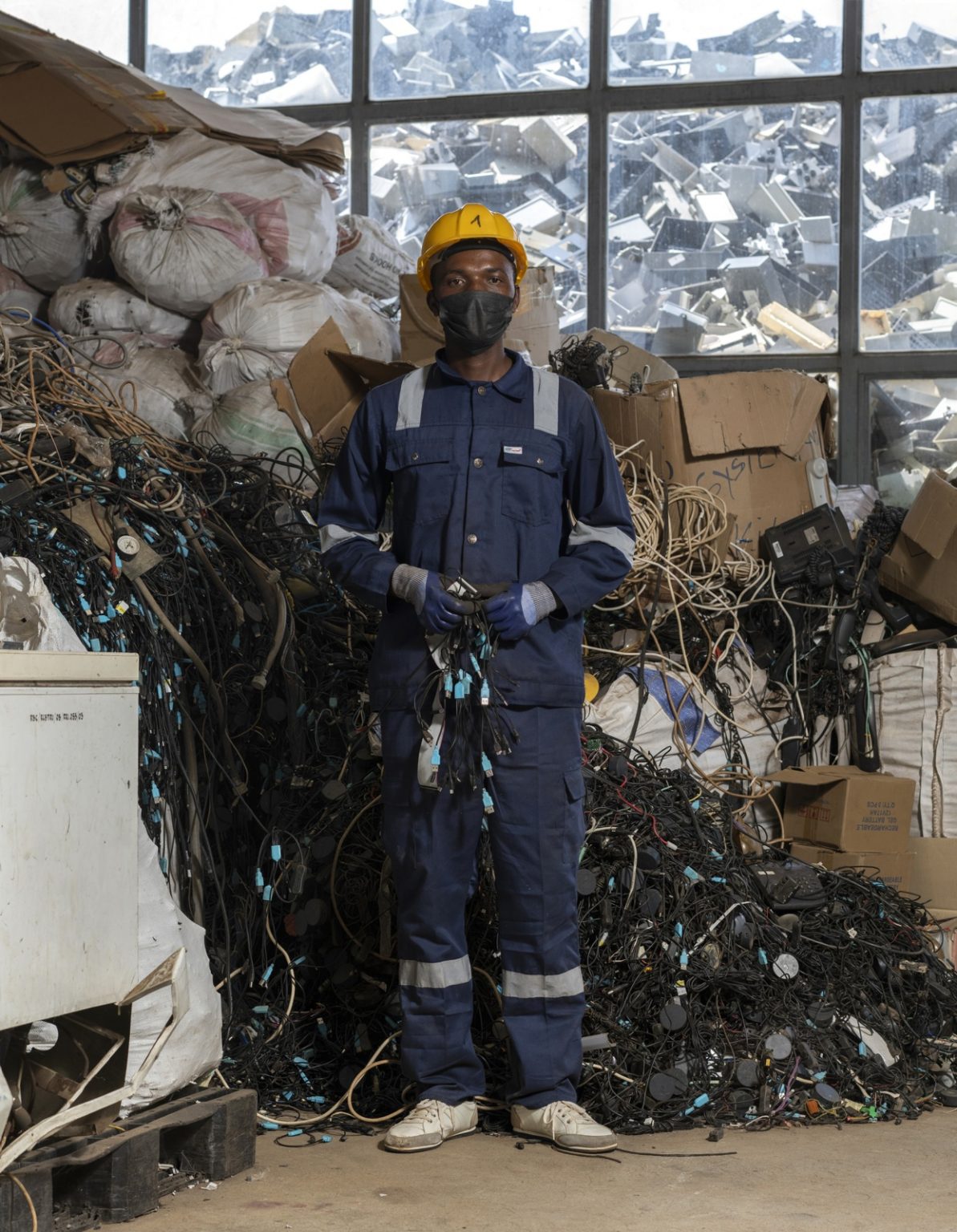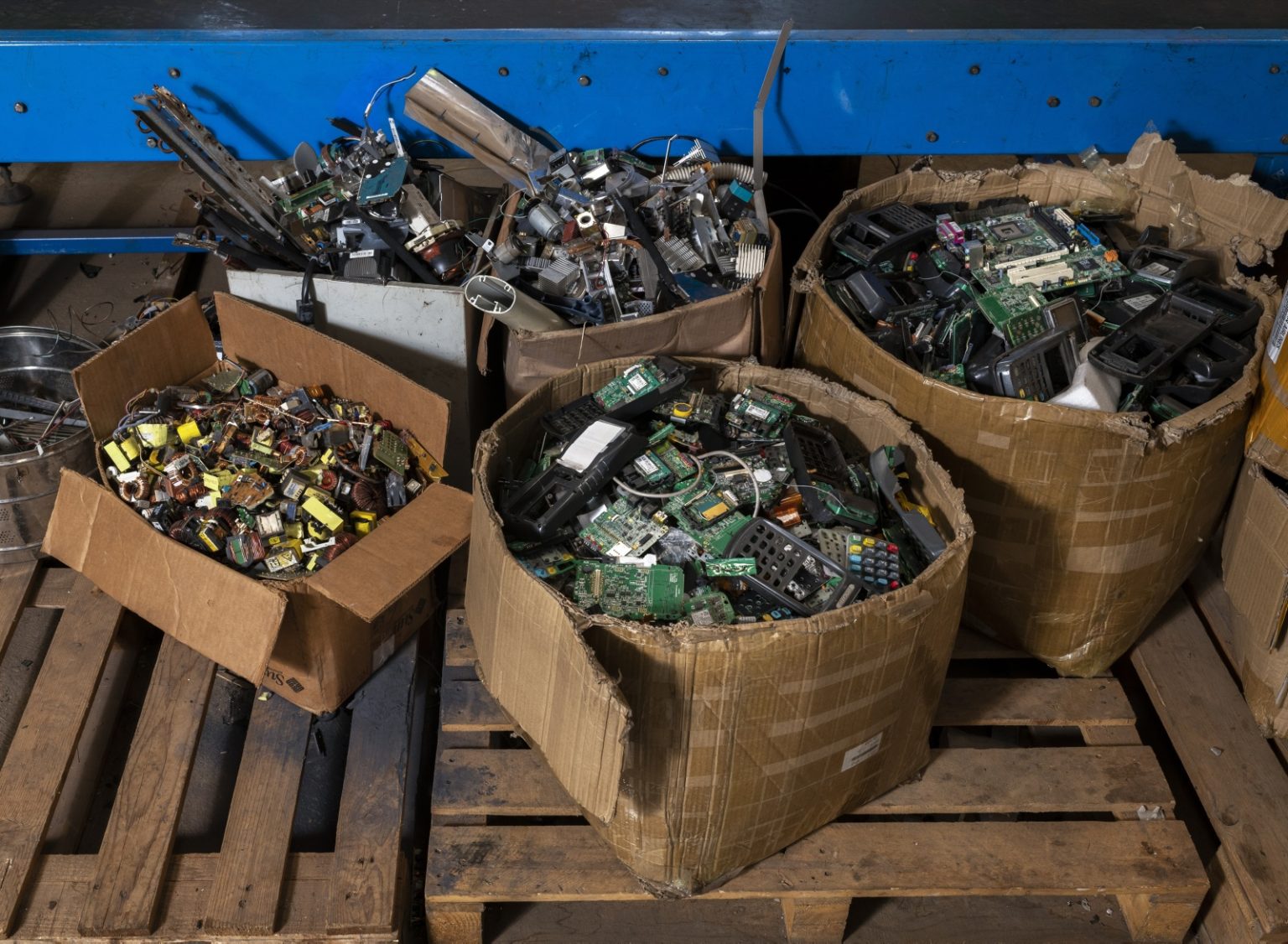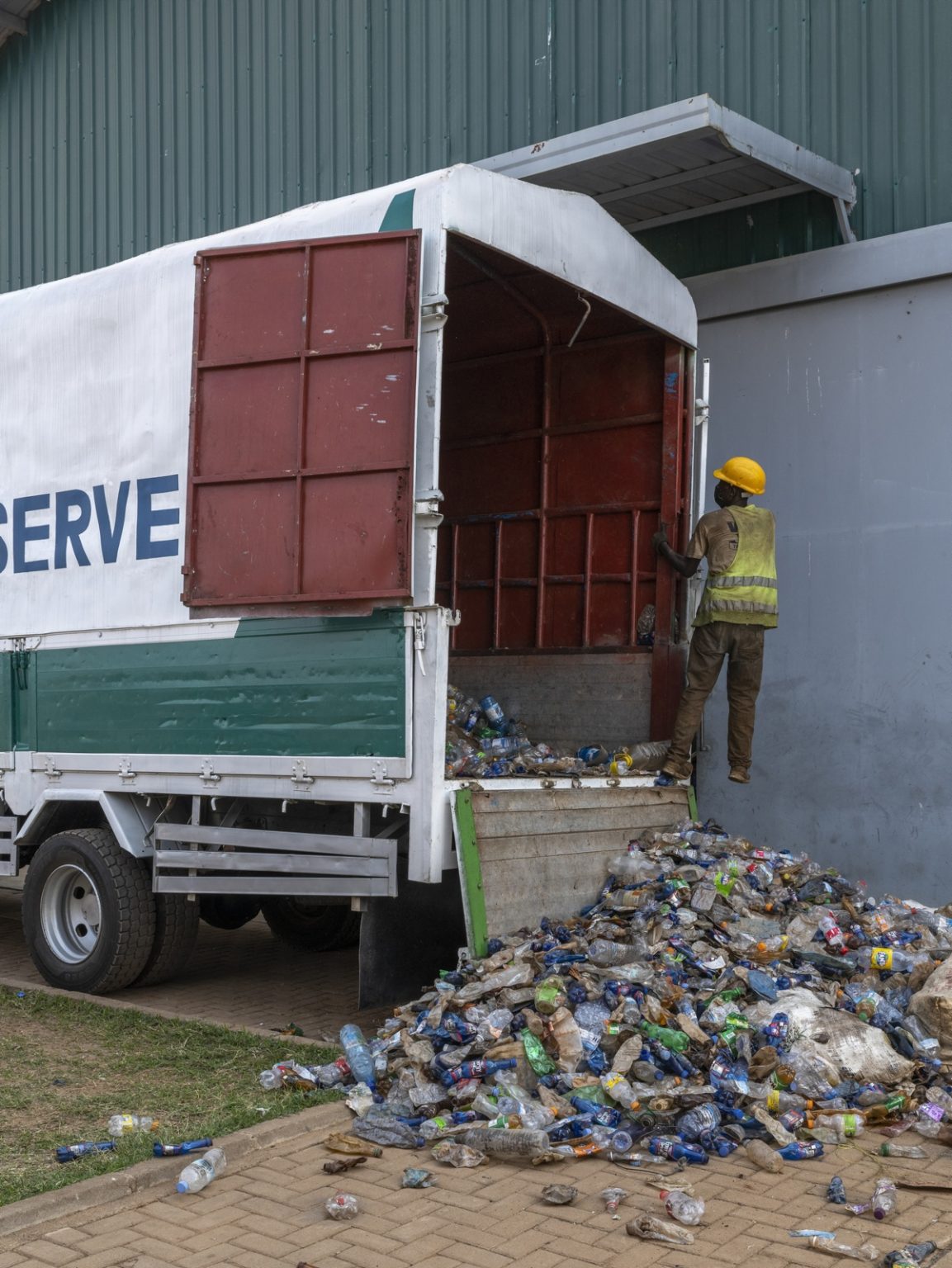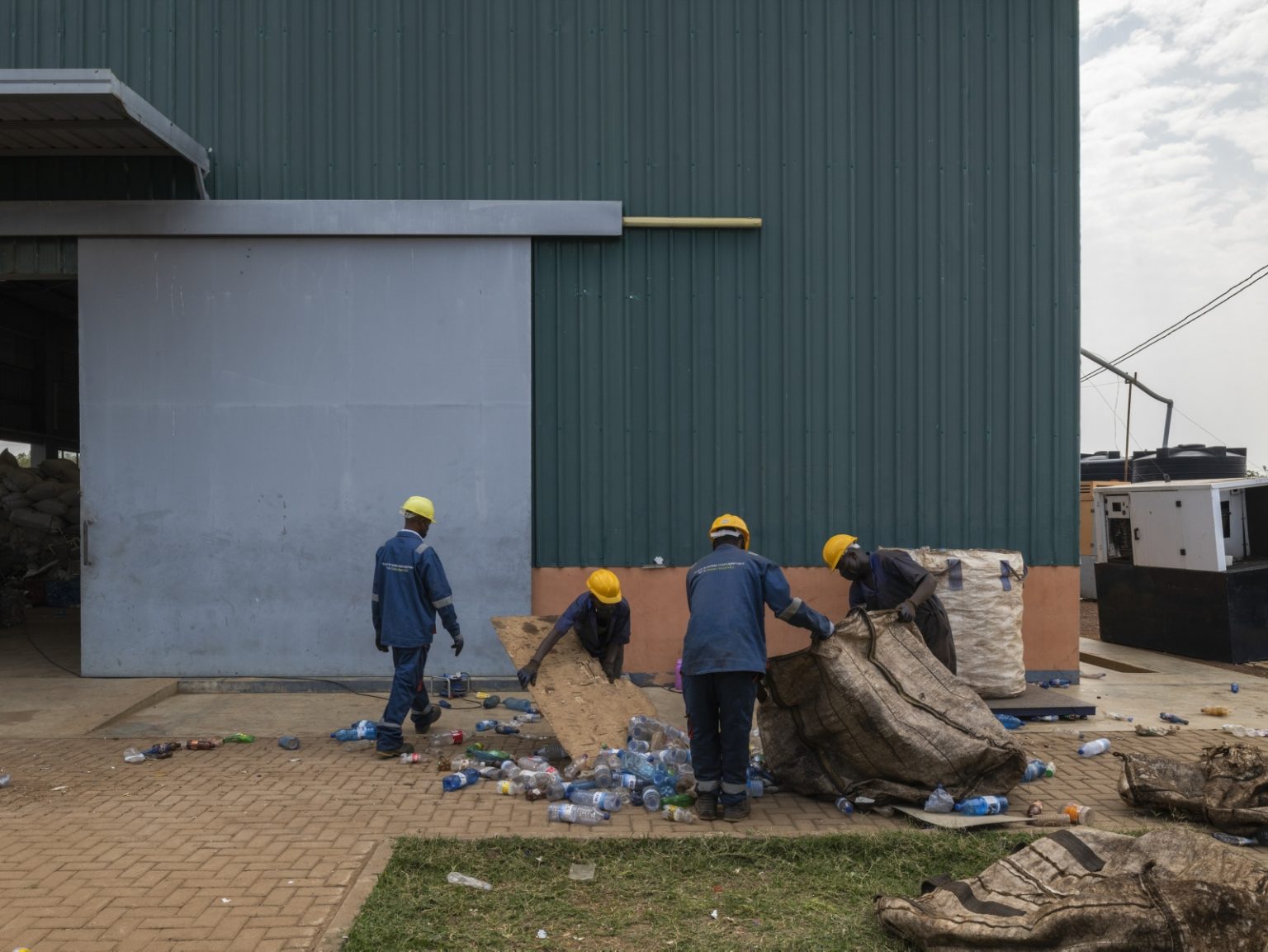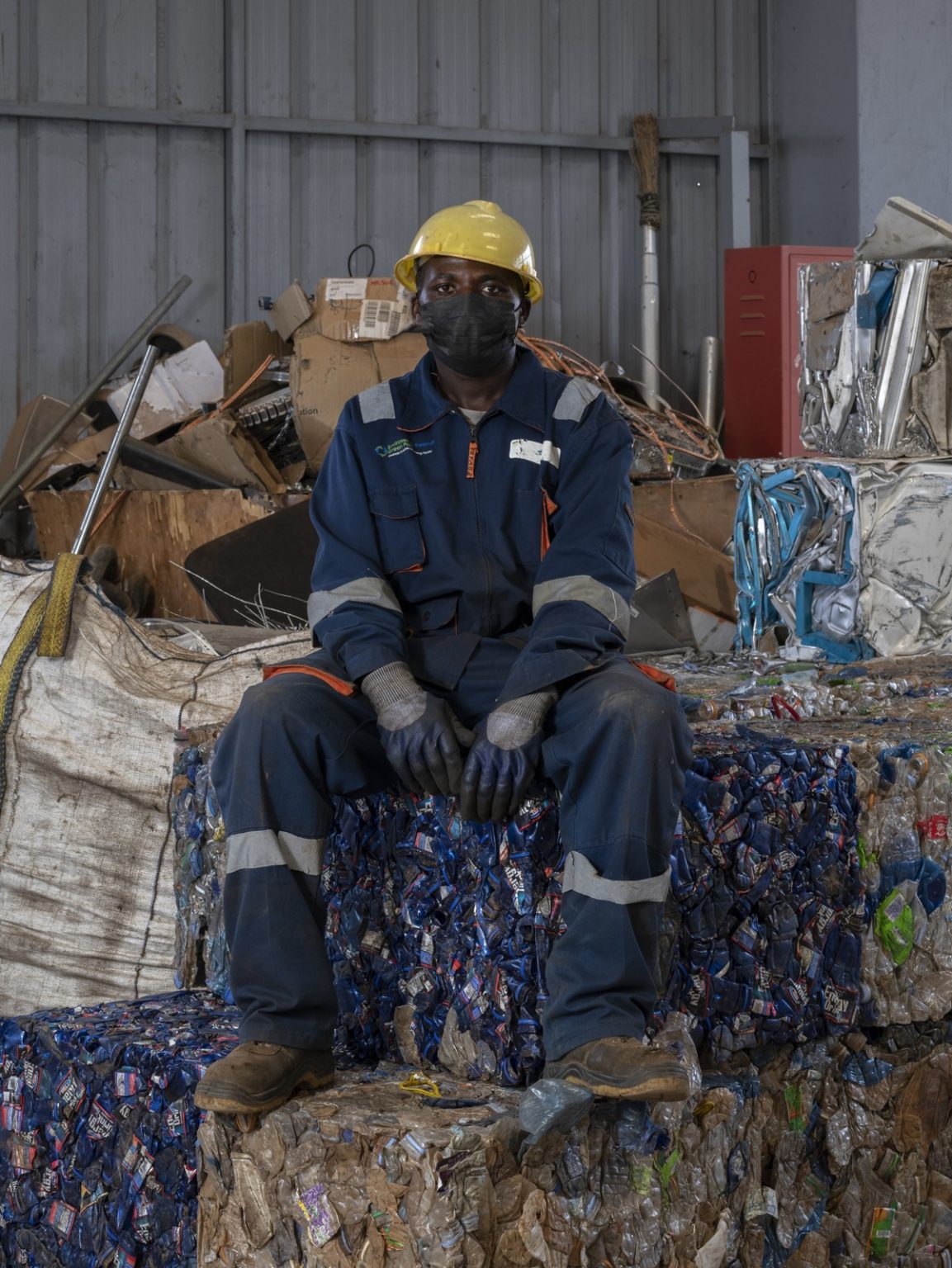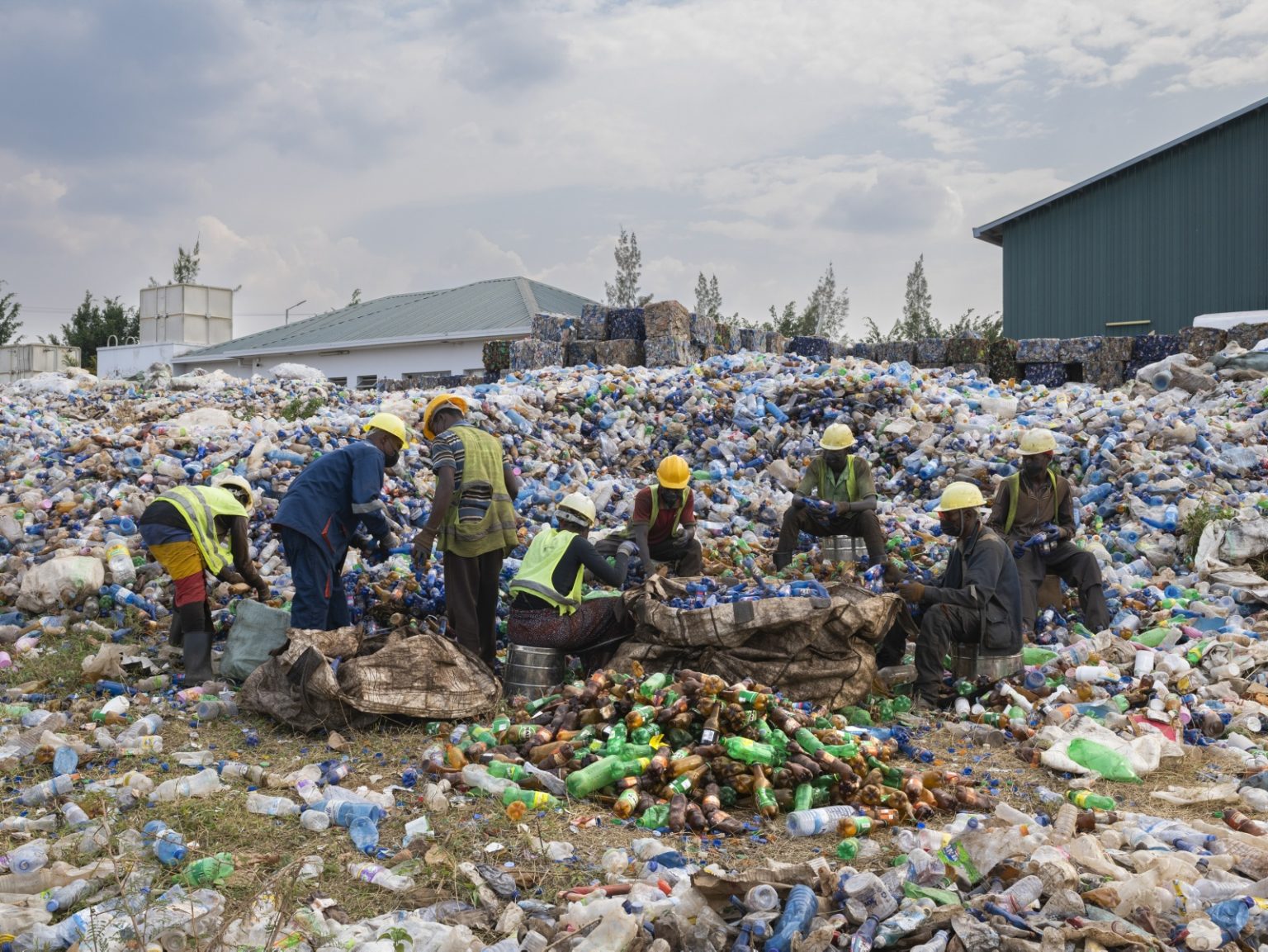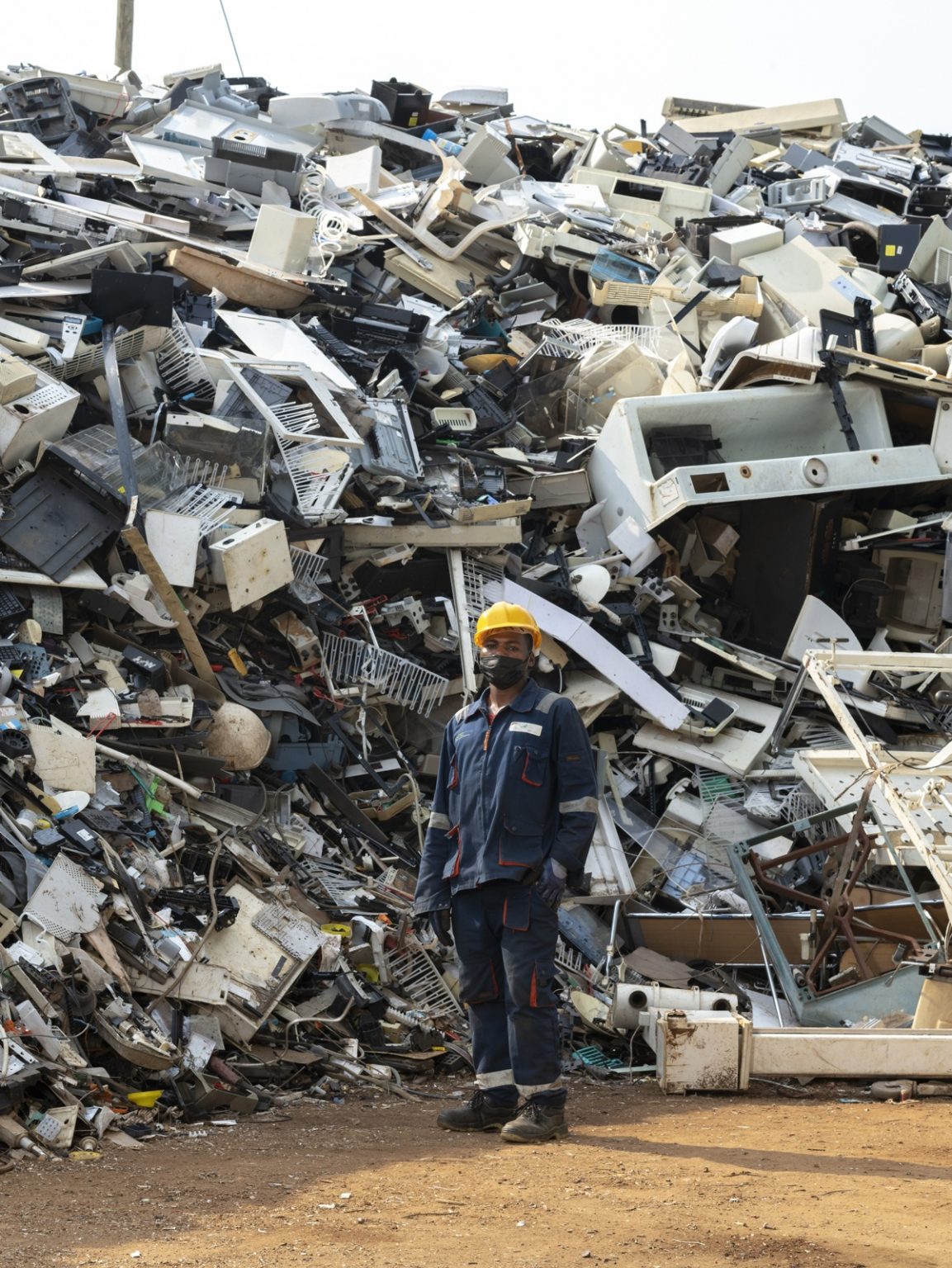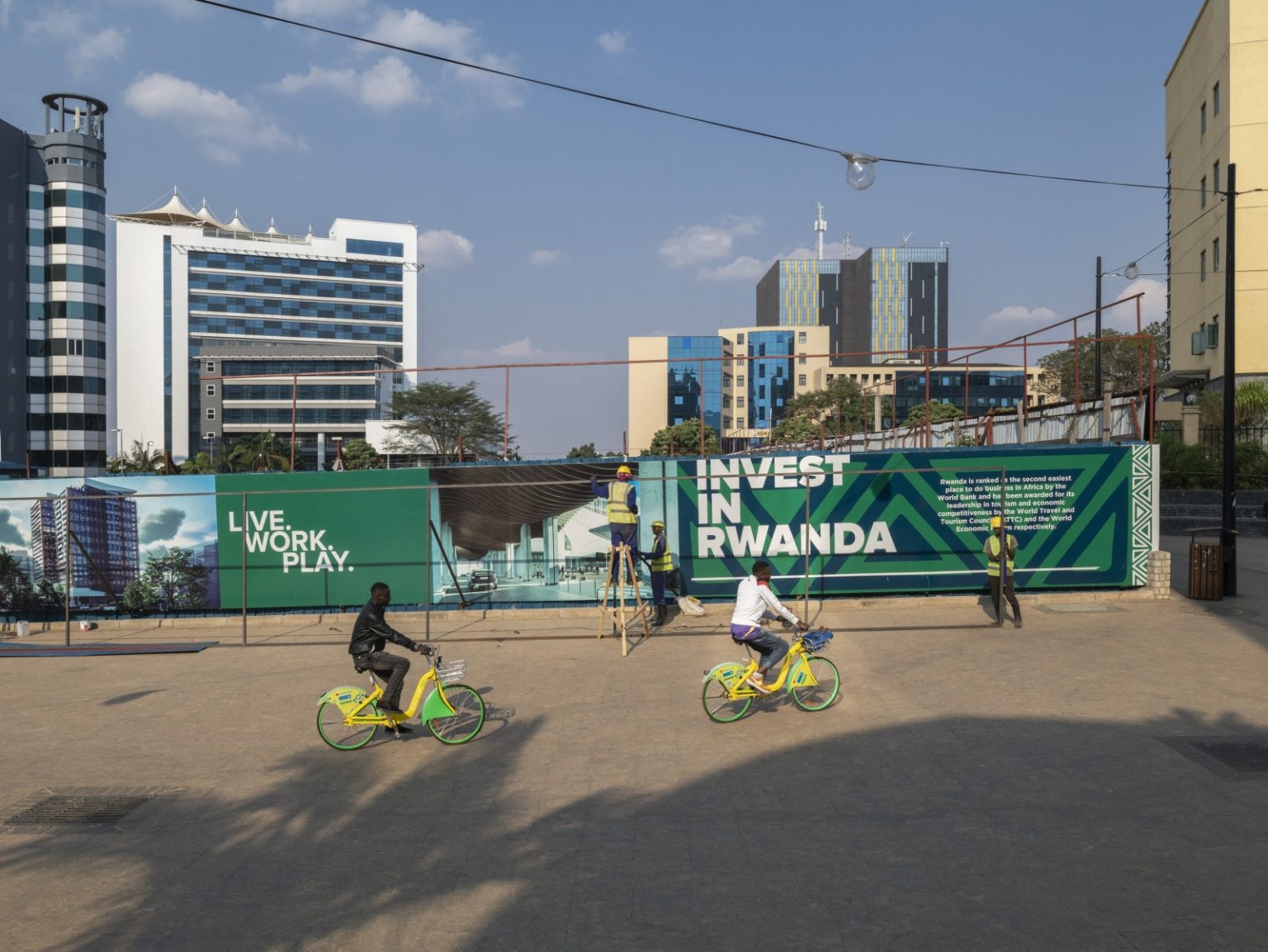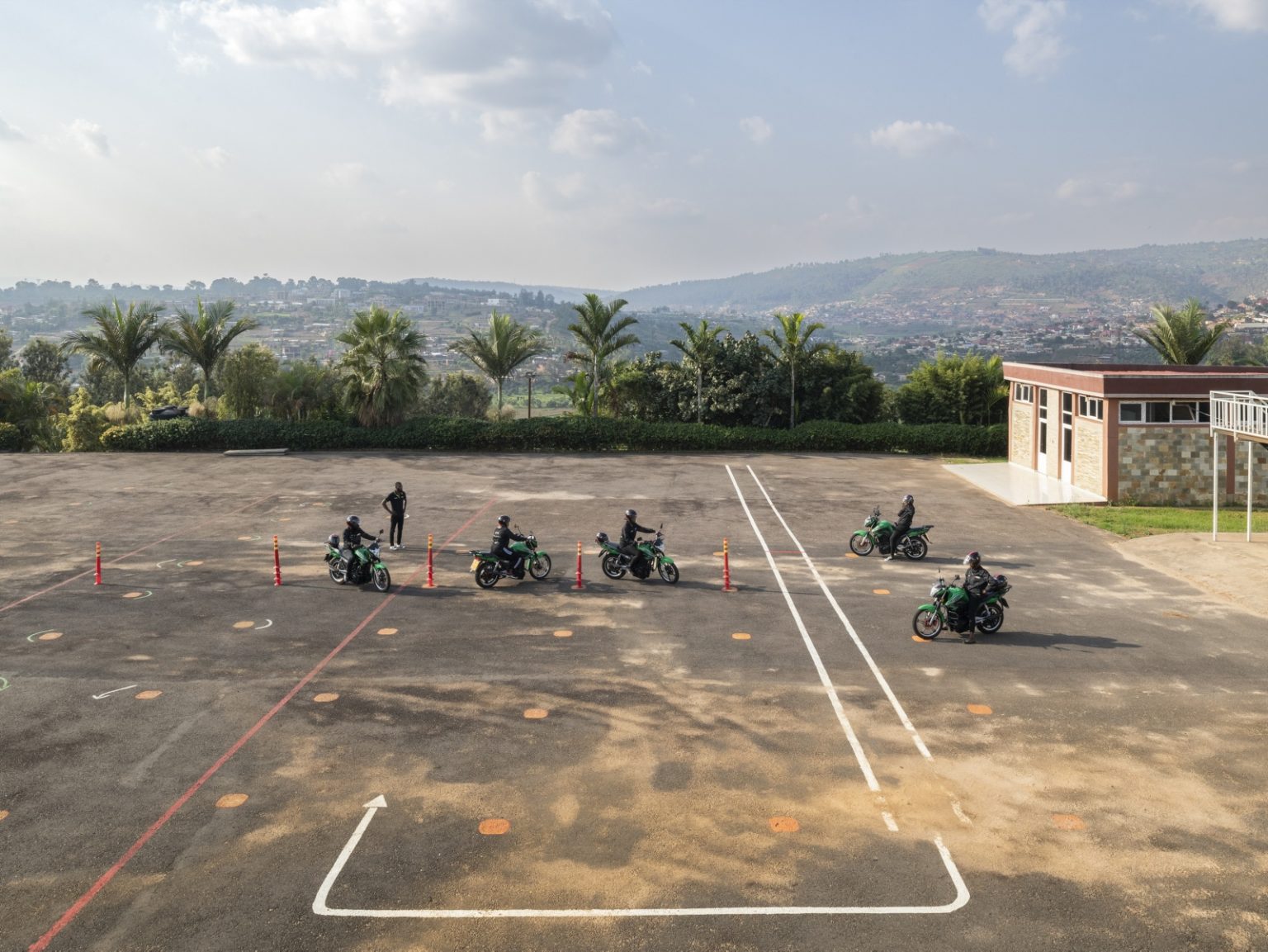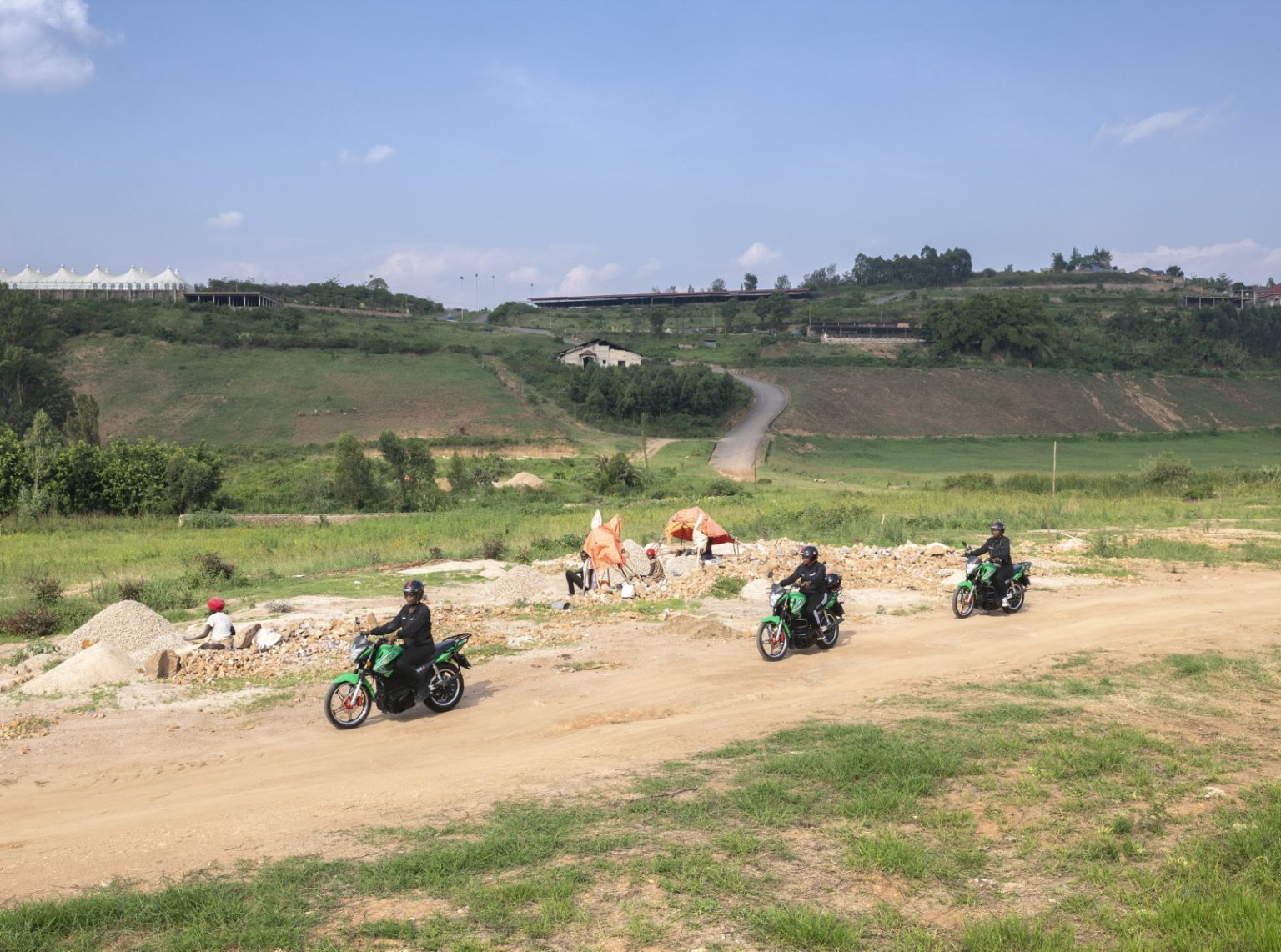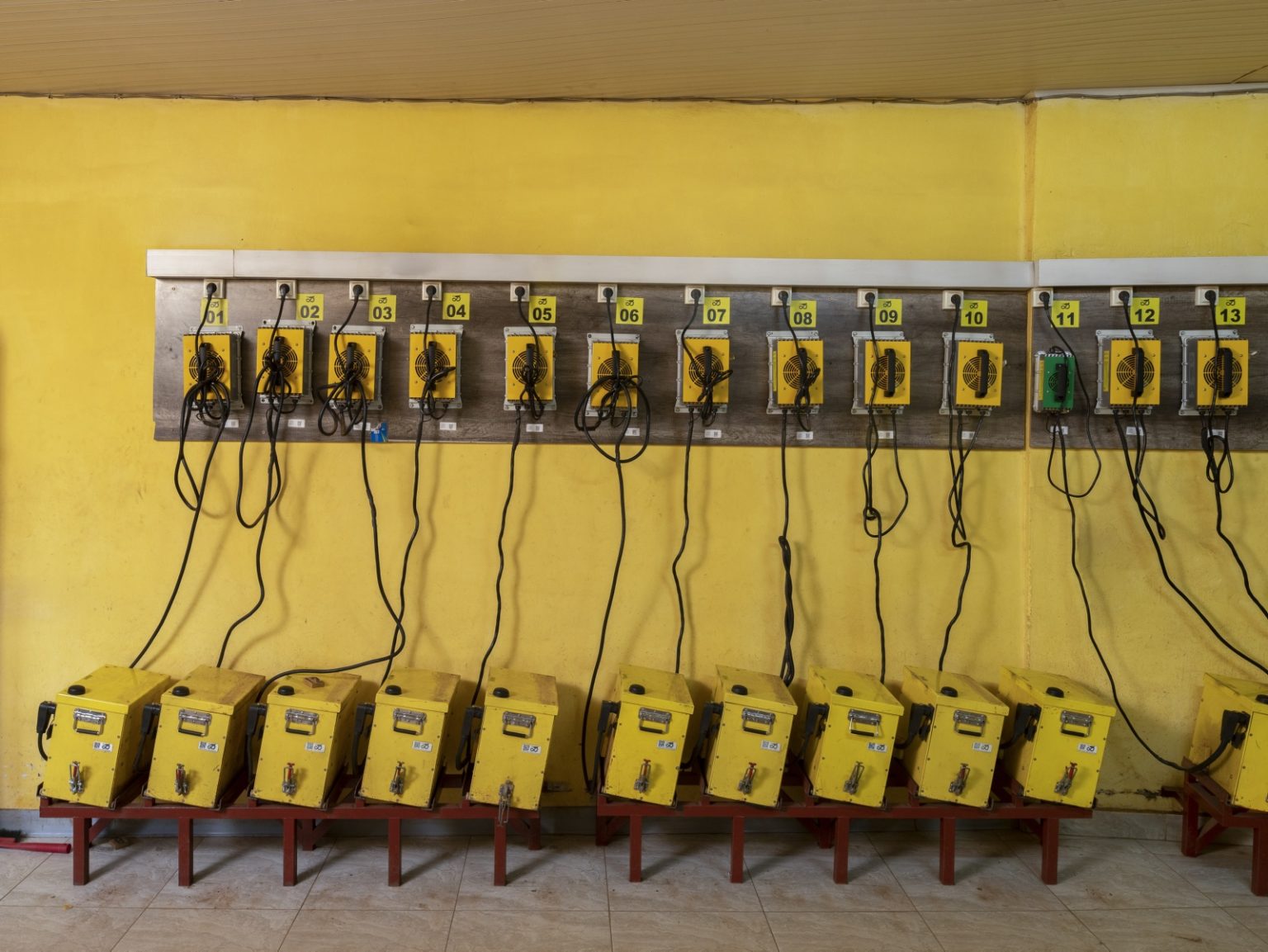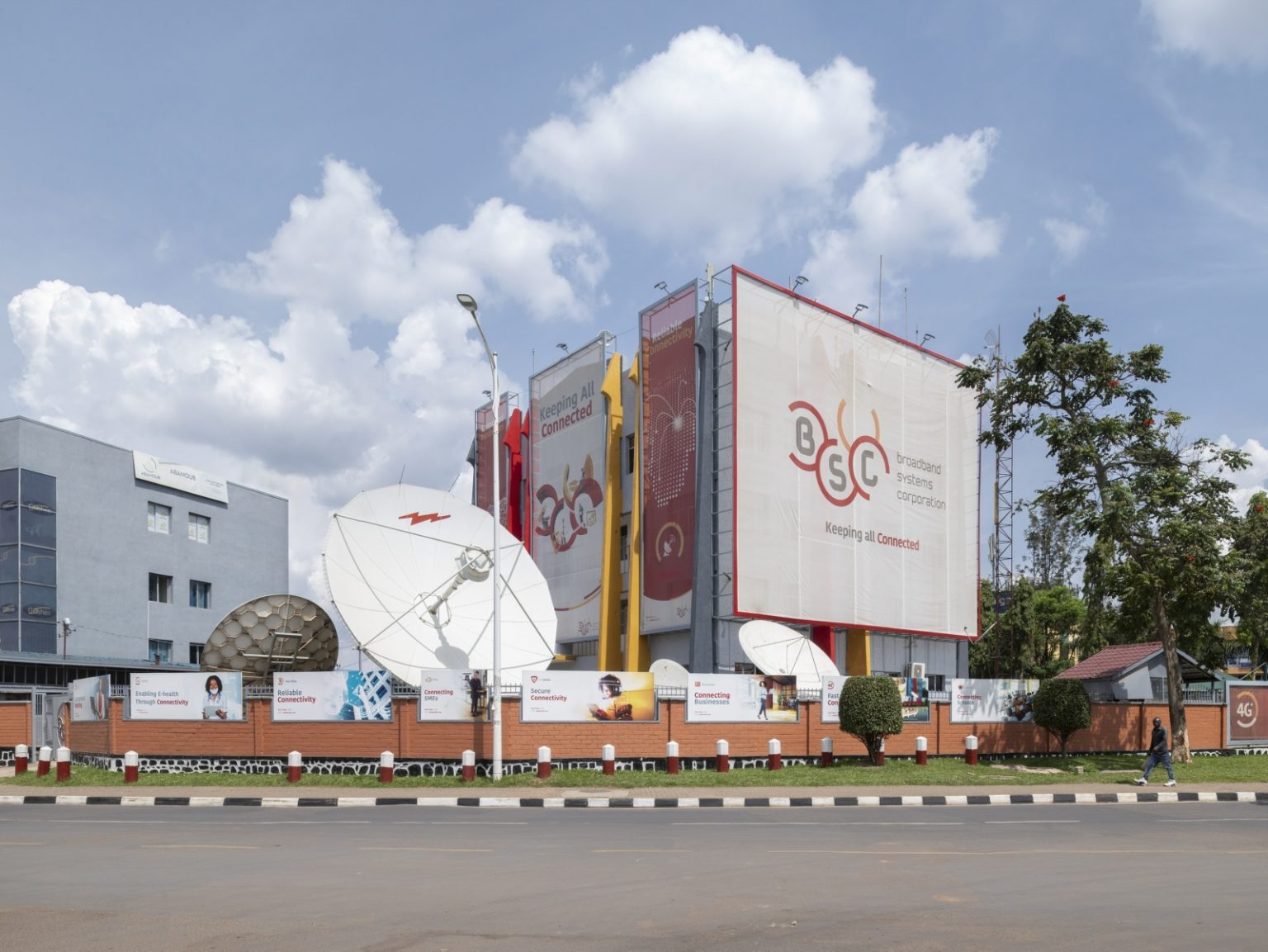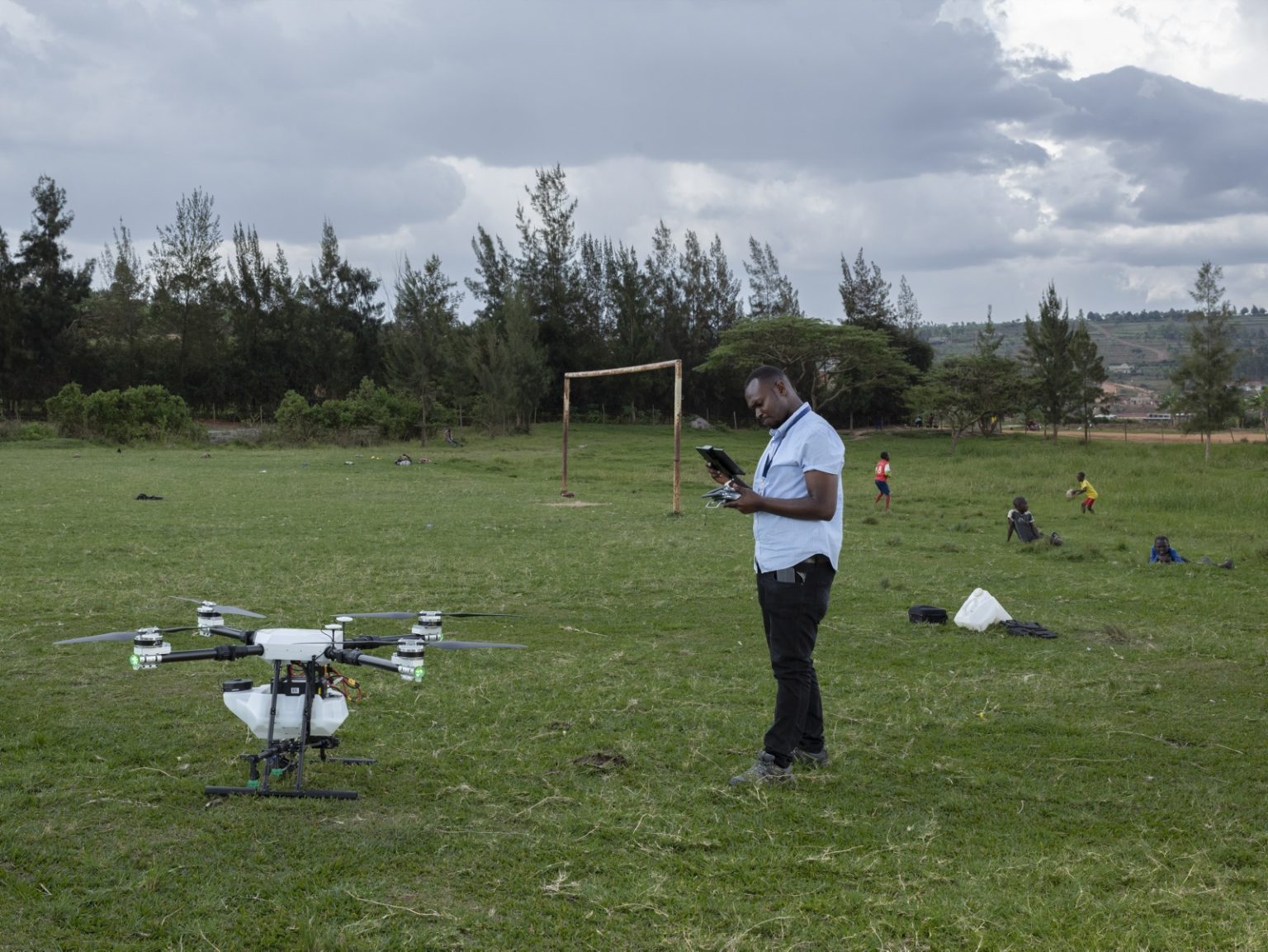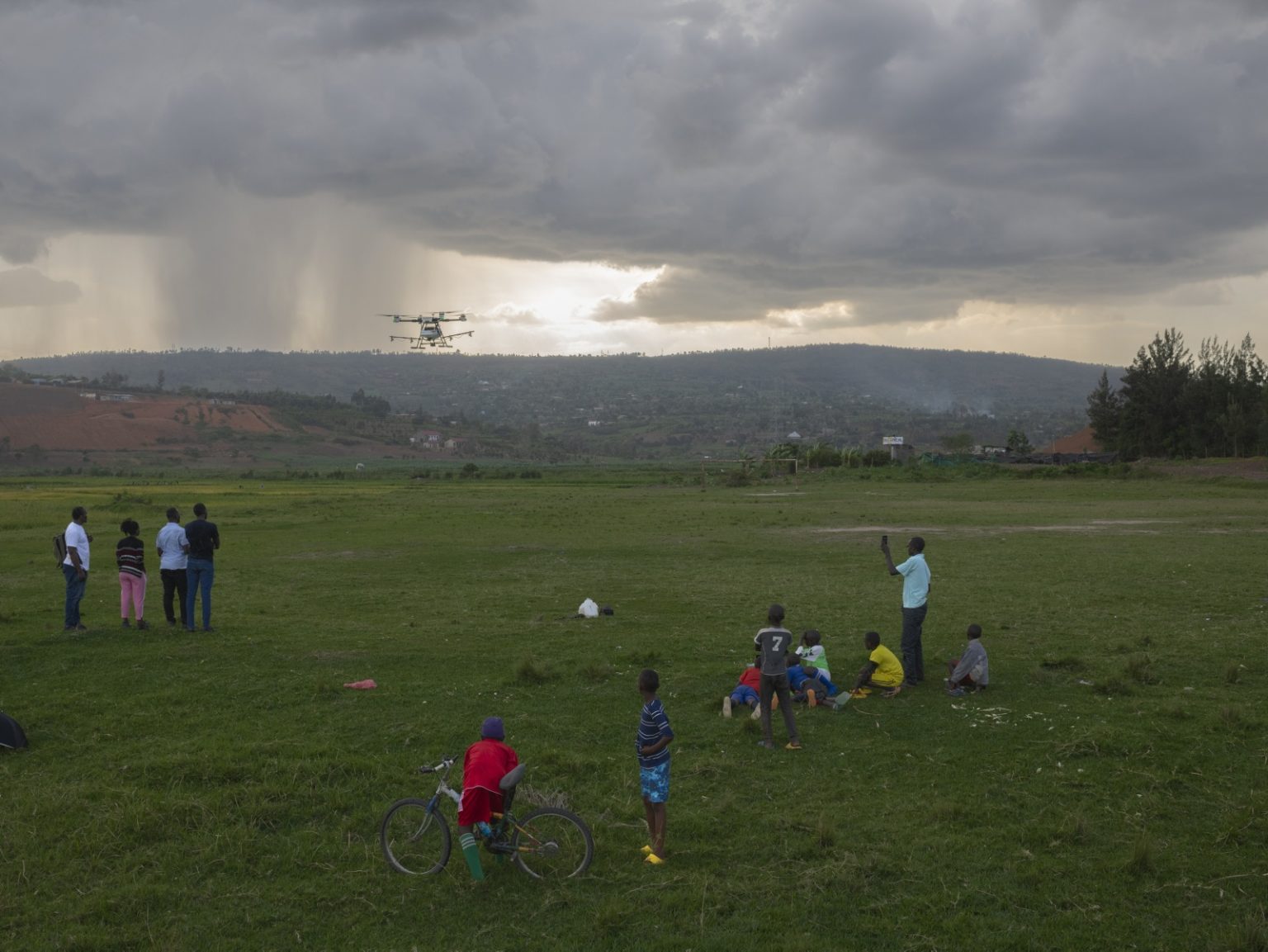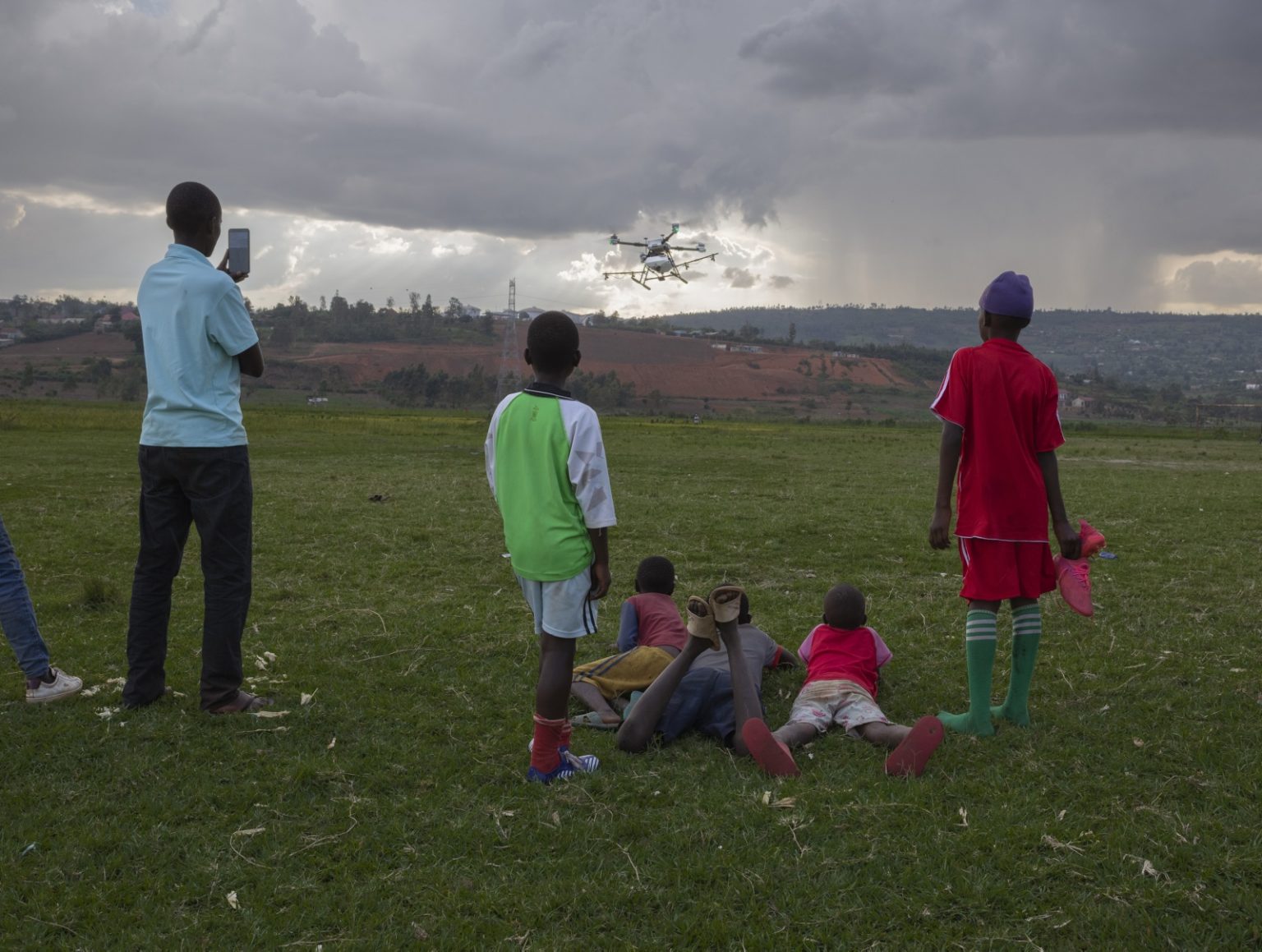Rwanda, The Life Code
The genocide of the Tutsis perpetrated by the Hutus in 1994 has been facilitated by the introduction in the country of colonial rigid distinctions that have regulated previously fluid ethnic differences through the issuance of ID cards: a code with its deictic order involved in one of the major humanitarian disasters of the last century.
Over the past two decades, the digital policies have served as major drivers of Rwanda’s economic transformation as well as of its population’s recovery from a traumatic past.
Tech has become nowadays among the country’s most promising sectors with decision makers committed to attracting more and more foreign investments and aiming to triple its GDP percentage within the next ten years through the development of further public-private partnerships.
Rwanda has embraced the digital code to set regional benchmarks focused on building up advanced capacities with a positive social impact aspiring to establish the country as one of the continent‘s most innovative tech hub.
Among the sectors that have been mostly affected by contemporary Rwanda’s efforts stands out health care, with several pioneering projects fluorished in recent years and lately exported in foreign countries: intended in the widest meaning and therefore including environmental issues, Rwanda’s effort to improve the citizens life standards has went way beyond by being one of only 13 African countries issuing specific laws on e-waste and incentivating the transition from fuel to electric vehicles with the goal to convert the country in a carbon neutral nation within 2050.

